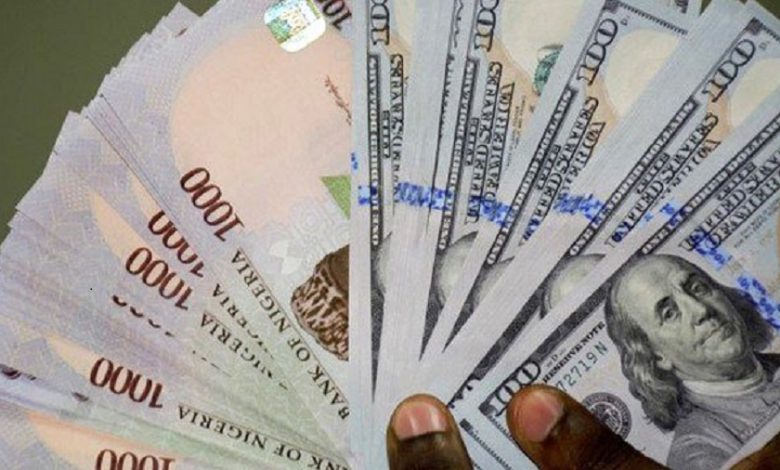
The naira slumped to its lowest point in six months on Wednesday, September 4, 2024, at the Nigerian Autonomous Foreign Exchange Market (NAFEM), exchanging at N1,625.88 to the dollar.
This marks the weakest performance since March 8, 2024, when the currency traded at N1,627.4/$1, despite a relatively robust foreign exchange (FX) turnover of $205.76 million—the highest level seen since August 12, 2024, when dollar supply reached $246.44 million.
Data sourced from the FMDQ website indicated that the naira’s performance represented a 0.89% decline from the previous day’s exchange rate of N1,611.34/$1.
Intra-day trading activity showed significant volatility, with the currency fluctuating between a high of N1,640/$1 and a low of N1,400/$1 before settling at N1,625.88.
The daily FX turnover of $205.76 million on September 4 represented a slight decrease of 1.84% compared to the previous day’s figure of $209.61 million, which was the highest turnover since mid-August.
The drop in the naira’s value is being viewed with concern, particularly given that it occurred in the wake of the Nigerian government’s recent announcement of a 45% increase in the pump price of petrol, a move that many believe could trigger a fresh wave of inflationary pressures.
The increased fuel price, which was announced on September 3, 2024, is expected to exacerbate inflationary trends across the country, contributing to further hardship for both businesses and households.
The price hike comes at a time when Nigeria’s inflation rate had just shown signs of easing.
In July 2024, the country’s headline inflation rate fell for the first time in over two years, dipping to 33.40% from 34.19% in June.
However, the relief was short-lived as food inflation remained stubbornly high, reaching 39.53% in July compared to the 12.55% recorded in the same month of the previous year.
The recent fuel price hike could reignite inflationary pressures, further diminishing purchasing power for ordinary Nigerians and increasing operational costs for businesses, particularly in an import-dependent economy.
The depreciation of the naira is also being linked to the steady decline in Nigeria’s foreign exchange reserves, which dropped to $36.32 billion by August 29, 2024.
This is a sharp fall from the year’s peak of $36.70 billion, recorded a month earlier in July.
